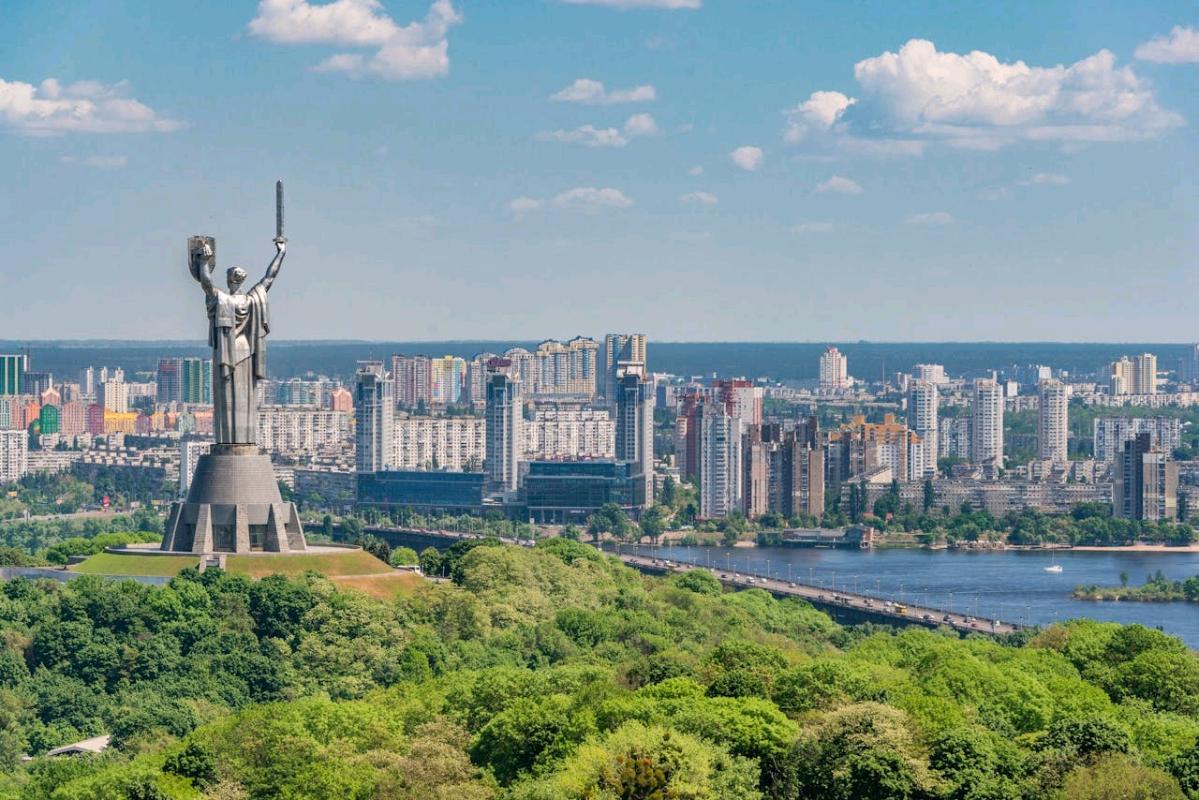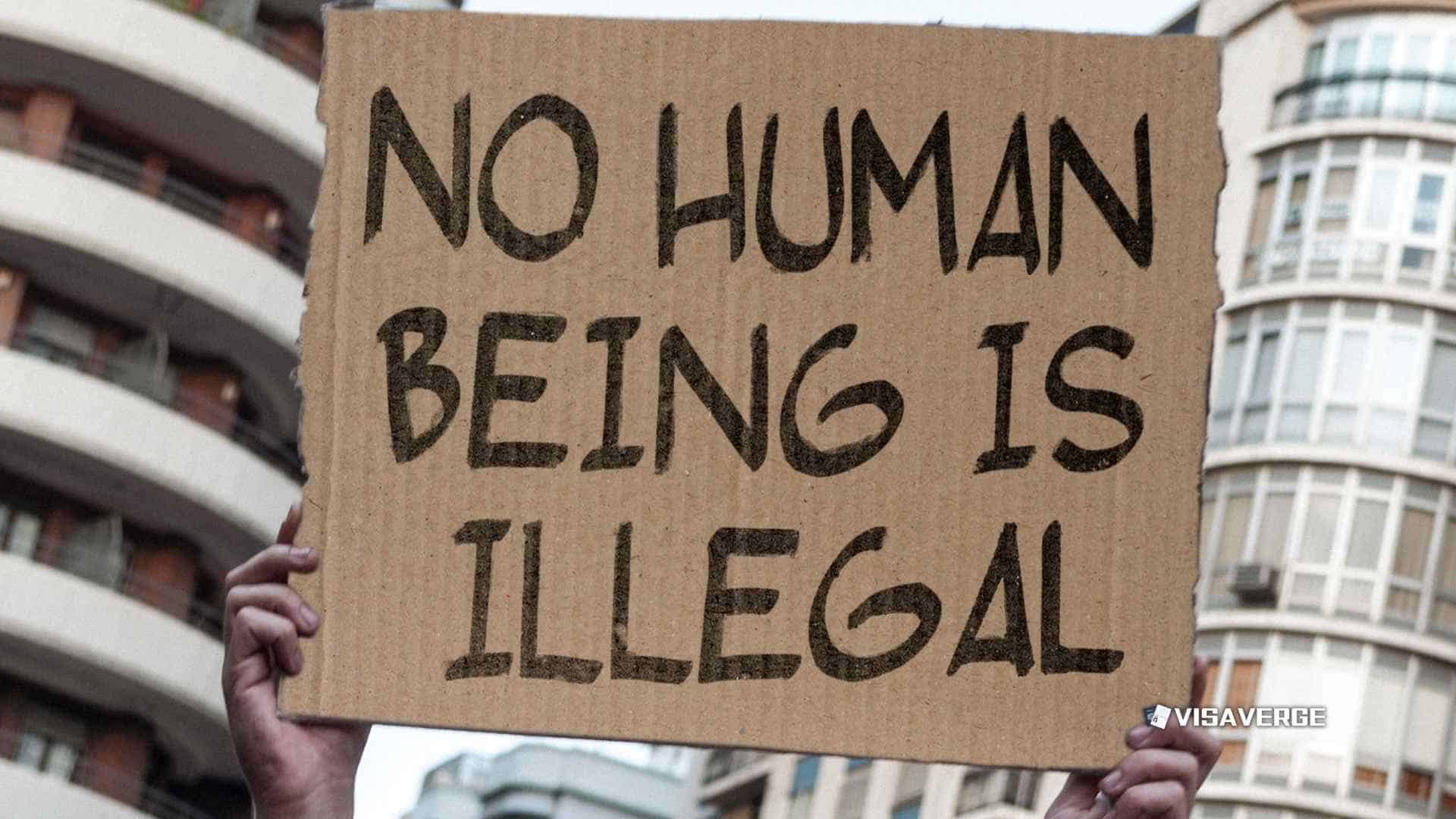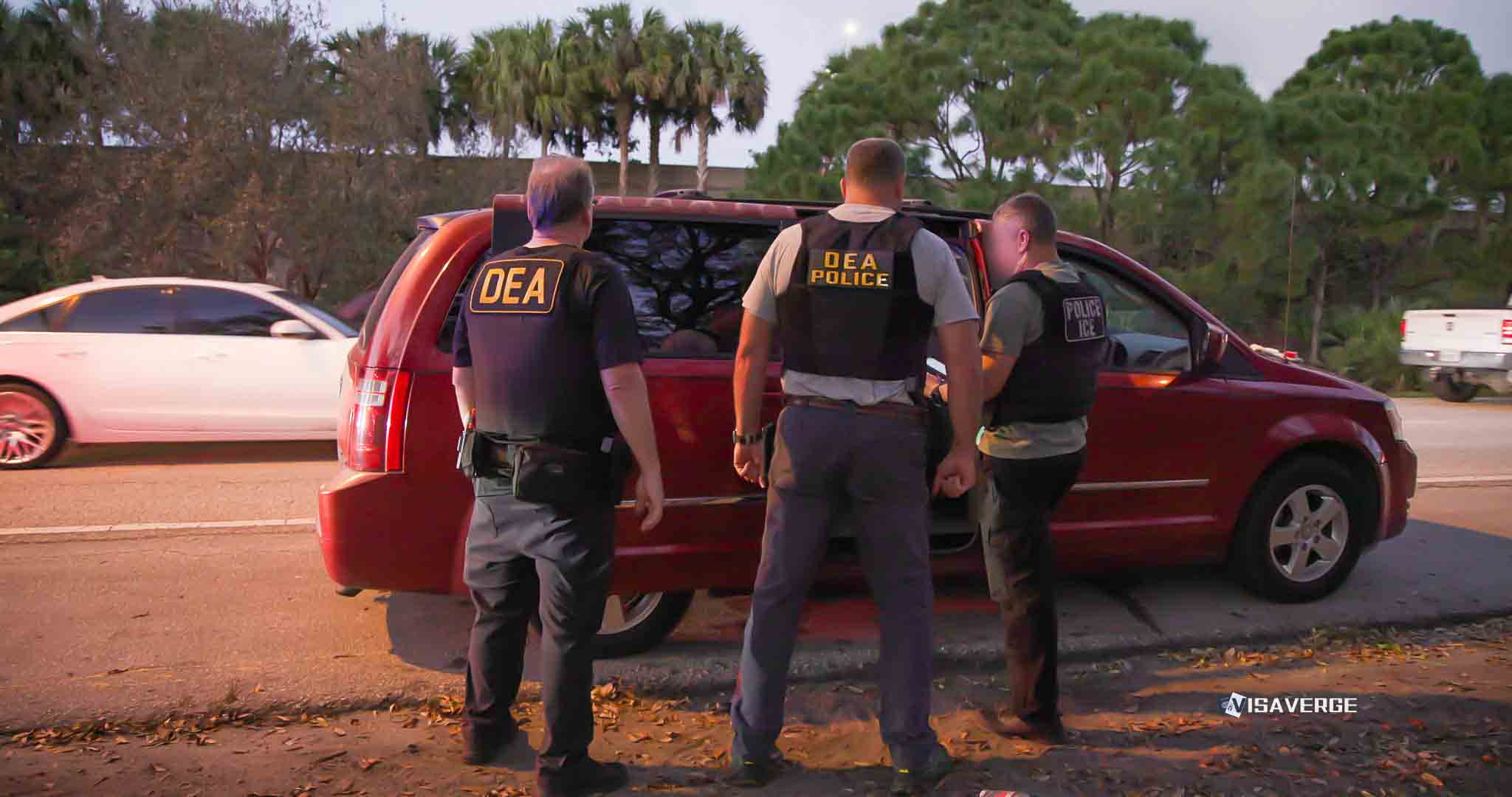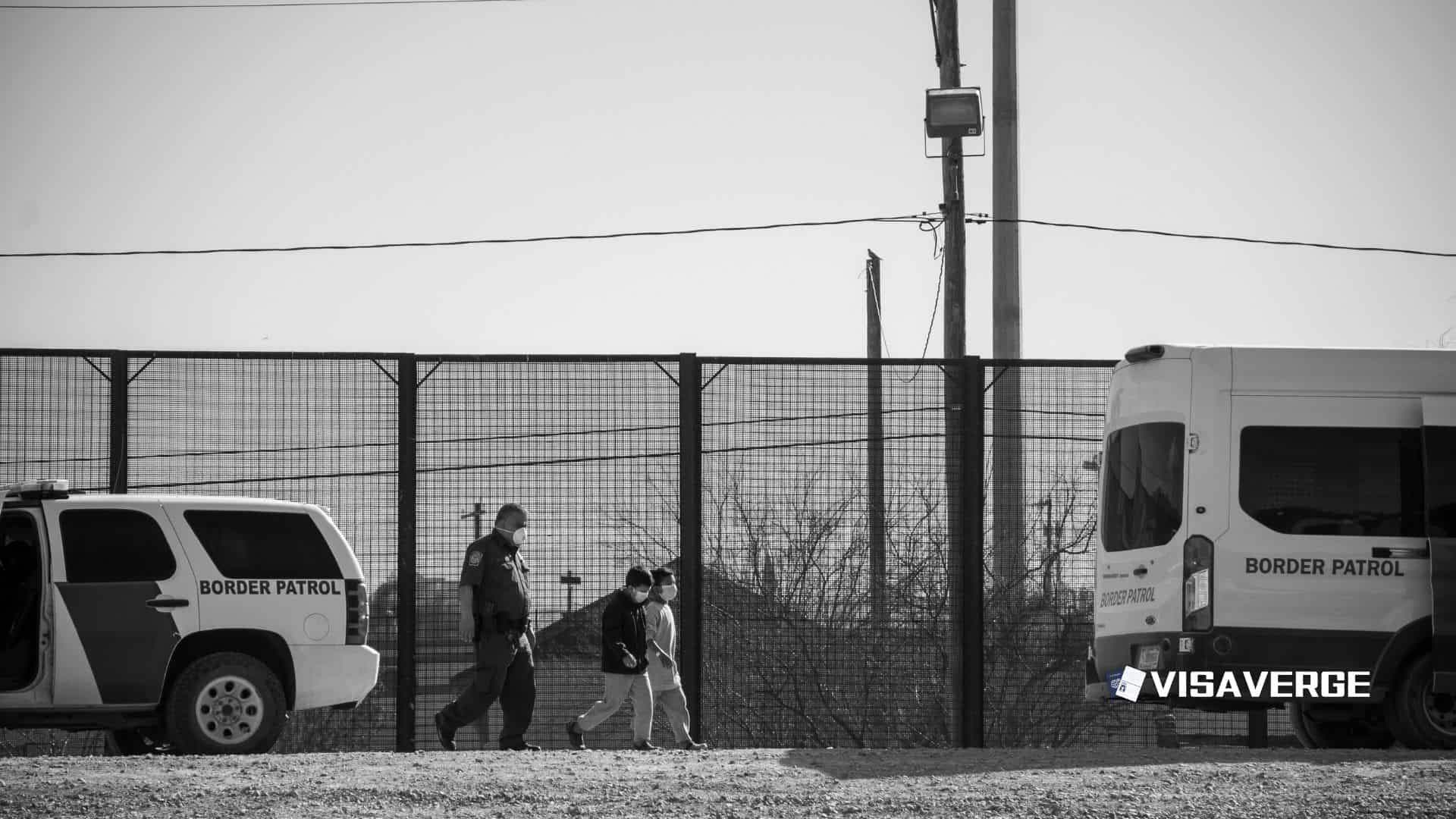The Ukrainian World Congress praised Ukraine’s decision to allow multiple citizenship, calling it a historic step that will keep millions of Ukrainians connected to their homeland. UWC president Paul Grod welcomed both the new law and a follow-on government resolution that defines how the system will work, noting it will help families split by war and migration while strengthening ties with Ukraine’s global diaspora. The reform, often described as the Zelenskyy law, was signed by President Volodymyr Zelenskyy on July 15, 2025, and takes effect on January 16, 2026.
Ukraine’s parliament, the Verkhovna Rada, adopted Law No. 11469 on June 18, 2025. It legalizes multiple citizenship for Ukrainians and certain foreigners, within clear limits. On October 8, 2025, the Cabinet of Ministers approved a resolution spelling out the criteria for which countries can be paired with Ukraine under simplified multiple citizenship arrangements. According to UWC, this package is designed to unite Ukrainians worldwide while safeguarding national security during wartime.

Grod thanked senior officials for moving the reform forward, including Foreign Minister Andrii Sybiha, Prime Minister Yuliia Svyrydenko, and President Zelenskyy. He said the changes mean Ukrainians abroad can keep their Ukrainian passports, and children born outside the country can claim Ukrainian citizenship without losing rights because they hold another passport. He called the measure “a powerful message to Ukrainians worldwide: you belong.”
Policy Changes Overview
Under the law, multiple citizenship is not open-ended. It is allowed only with countries that appear on a special list approved by the Cabinet of Ministers. That list will:
- Prioritize Ukraine’s closest and most reliable partners
- Rely on transparent criteria for selection
President Zelenskyy has named Germany, Poland, Czechia, the United States 🇺🇸, and Canada 🇨🇦 among the first countries Ukraine aims to include.
Cabinet criteria for eligible countries
The Cabinet’s resolution lists criteria the government will use to select eligible countries, including:
- Membership in the G7 or European Union
- Clear support for Ukraine’s sovereignty and territorial integrity
- Active sanctions against Russia
- Strategic partnership and strong bilateral ties with Ukraine
- Financial and humanitarian aid to Ukraine
- Voting records in international organizations that back Ukraine
- Other factors tied to Ukraine’s national interests
There are firm exclusions. Citizens of countries that are aggressors or that refuse to recognize Ukraine’s territorial integrity are not eligible. Officials and lawmakers have stated this covers Russia and Belarus.
Who benefits
The law’s target groups include:
- Ethnic Ukrainians abroad who want to keep or acquire Ukrainian citizenship without renouncing another nationality, provided the second citizenship is from an approved country
- Select foreigners who meet the same limits and criteria
The package becomes fully operational on January 16, 2026, when both the law and the Cabinet resolution come into force. Officials say this staged approach gives agencies time to prepare procedures, train staff, and update systems.
Implementation and Impact
While the legal path is now clear, the rollout depends on the Cabinet finalizing and publishing the list of eligible countries and then setting out procedures. Practical steps will likely include:
- How applicants prove another nationality from an approved country
- How children born abroad can be registered as Ukrainian citizens
- How Ukraine will track obligations such as military registration and tax residence
The government has stated that security and loyalty to Ukraine remain central to the process.
Practical examples
- A child born in Berlin to Ukrainian parents could retain German citizenship while securing Ukrainian citizenship at birth.
- A Ukrainian software engineer in Chicago who became a U.S. citizen could keep a Ukrainian passport, provided the United States remains on the approved list.
- A nurse in Toronto with Ukrainian roots could claim Ukrainian citizenship without giving up Canadian citizenship, once Canada is listed.
These examples reflect the law’s core aim: keep people close to Ukraine even as they build lives abroad.
Wider benefits and diaspora engagement
According to analysis by VisaVerge.com, the reform:
- Aligns Ukraine with many European states that already accept multiple citizenship
- Helps Ukraine tap the skills, savings, and networks of its diaspora for recovery and growth
- Offers those who left after the full-scale invasion a path to stay settled in host countries while keeping formal ties to Ukraine
The UWC president stressed that the diaspora has pushed for this change since 2019, seeking equal treatment for Ukrainians abroad, stronger identity and language ties, and careful security checks. UWC says it will continue to work with ministries to support implementation and public awareness so people know who qualifies and when to apply.
Security Filters and International Alignment
The Cabinet’s criteria tie eligibility to a partner’s behavior toward Ukraine. This includes:
- Sanctions against Russia
- Votes in global bodies that back Ukraine’s sovereignty
By setting these conditions, the policy seeks to welcome friends while blocking adversaries from exploiting the system. Lawmakers and the Cabinet have made clear that Russia and Belarus will remain outside the scheme.
The timing also carries symbolism. President Zelenskyy signed the law on the Day of Statehood, underlining the message of unity. The government’s follow-up resolution on October 8, 2025 shows the administration moving beyond principles to practical rules. The effective date of January 16, 2026 gives authorities a defined window to finalize the country list and procedures.
Where to watch for official guidance
For practical guidance, individuals should watch for Cabinet decisions published on the official Cabinet website: https://www.kmu.gov.ua/en. While consulates and embassies may later handle applications, the legal basis will remain the law and Cabinet resolution.
Important: avoid acting until the approved country list is public and the rules are in force.
Key checkpoints before the law takes effect
- Publication of the Cabinet’s list of eligible countries
- Detailed procedures on registration and proof requirements
- Instructions for children born abroad and adults reclaiming or keeping citizenship
- Security and data checks to confirm compliance with the law
Grod’s remarks reflect how the change may reshape diaspora ties. He said the law helps those forced to flee by war to keep their Ukrainian identity without losing the rights they gain in new countries. For students, professionals, and families, the ability to hold both passports can reduce hard choices about work, study, and travel. For Ukraine, it may mean deeper engagement with communities abroad who can support reconstruction, investment, and advocacy.
The law is intentionally narrow. It does not open multiple citizenship with every country; it is aimed at countries that have stood with Ukraine. This careful scope addresses concerns about dual obligations and security risks during wartime, and it makes the system more manageable for agencies verifying documents and maintaining records.
As the start date approaches, the Zelenskyy law sends a clear message: Ukraine is reaching out to its global community. By combining legal inclusion with strict criteria, the government aims to protect the state while drawing millions of people closer. UWC frames it not only as a legal milestone but as a unifying moment for Ukrainians everywhere—recognizing modern migration realities and the needs of families living across borders.
This Article in a Nutshell
Ukraine’s parliament adopted Law No. 11469 on June 18, 2025, and President Zelenskyy signed it July 15, 2025, legalizing multiple citizenship effective January 16, 2026. The law permits dual nationality only with countries on a special Cabinet-approved list, guided by transparent criteria such as G7 or EU membership, sanctions against Russia, support for Ukraine’s sovereignty, strategic partnerships, and humanitarian or financial assistance. The Ukrainian World Congress praised the reform as a historic move to reconnect the diaspora. Full implementation requires the Cabinet to publish the eligible-country list and detailed procedures for proving another nationality, registering children born abroad, and addressing obligations like military registration and tax residence.













